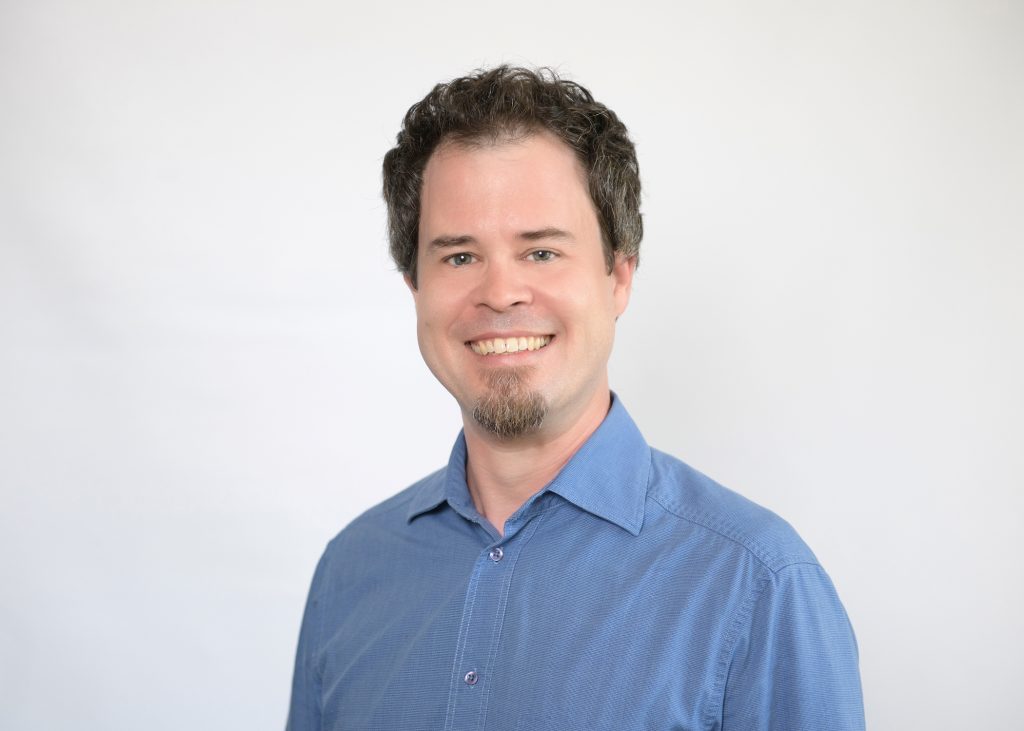Fabian Cremer studied Art History and Art Education in Frankfurt and Vienna. Since 2011 he has been advising researchers and developing supporting methods for digital Research – in international and interdisciplinary settings: at the Institute of Art History at Goethe-University Frankfurt, in the Research and Development Department at the Göttingen State and University Library, at the Max Planck Institute for the Study of Religious and Ethnic Diversity and at the Max Weber Foundation – German Humanities Institutes Abroad. Since 2019 he is part of the DH Lab at IEG and is in charge of research data management at the IEG. He deals with workflows for research data management, the conception of digital research infrastructures as well as with the change processes of digital transformation in research and the organizations.
- Research Data Management
- Digital research infrastructures
- Digital transformation and division of research process
- Systemic, Theme-Centred, Peer-Led: Adapting Groupwork Concepts for Collaboration Management in the Digital Humanities, IDEAH – Interdisciplinary Digital Engagement in Arts & Humanities 3 (3. April 2023), https://doi.org/10.21428/f1f23564.b55f3037, mit Swantje Dogunke und Thorsten Wübbena.
- Data Meets History: A Research Data Management Strategy for the Historically Oriented Humanities, in: Cultural Sovereignty beyond the Modern State, 21:155–78. European History Yearbook. De Gruyter Oldenbourg, 2021, https://doi.org/10.1515/9783110679151-009, mit Silvia Daniel, Marina Lemaire, Katrin Moeller, Matthias Razum und Arnošt Štanzel.
- Service intermediation as a concept for an institutional publishing Department, in: ELPUB 2019 23rd edition of the International Conference on Electronic Publishing. Marseille, France, 2019, https://doi.org/10.4000/proceedings.elpub.2019.1, mit Katrin Neumann.
- Der Chimäre auf der Spur: Forschungsdaten in den Geisteswissenschaften, in: o-bib. Das offene Bibliotheksjournal, Nr. 2 (13. Juli 2018): 142–62, https://doi.org/10.5282/o-bib/2018H2S142-162, mit Lisa Klaffki und Timo Steyer.
- Embedded Data Manager – Integriertes Forschungsdatenmanagement: Praxis, Perspektiven und Potentiale, in: Bibliothek Forschung und Praxis 39, Nr. 1 (30. Januar 2015), https://doi.org/10.1515/bfp-2015-0006, mit Claudia Engelhardt und Heike Neuroth.
